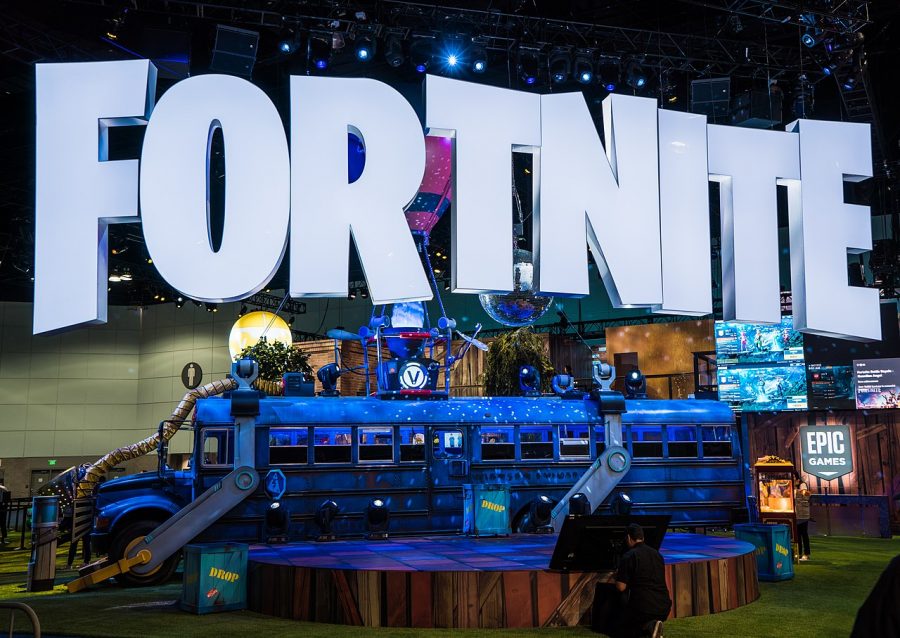Fortnite: One Year Later – Does it Still Hold Up?
Last year, I noticed that many people began uploading pictures with the words “Victory Royale” on their Snapchat stories, a phrase synonymous with the video game “Fortnite.”
“Fortnite” was released in the fall of 2017 as a free to play, battle royale style game. It was around this time that I became a Communication major and wanted to start writing for the Charger Bulletin, and my first article was on the topic of “Fortnite”’s rising popularity. After one year and more than 5 seasons, let’s take another look at the game.
The ‘Battle Royale’ mode pits players against each other in teams of one, two, or four until there is one team remaining to earn the coveted ‘victory royale.’ By May 2018, “Fortnite” accumulated over 125 million total players. A month later, it generated a total revenue of over $1.2 billion.
So how is it possible that a game in which the most played mode is free to play has remained so successful and so profitable?
The secret lies with the relationship that the game’s developer, Epic Games, which keeps a close relationship with the “Fortnite” community. Through Twitter and online forums, the employees of Epic games play close attention to what fans are and are not enjoying about the game and implement changes in almost weekly updates.
The battle royale game also runs in seasons. Each season lasts an average of 10 weeks, and brings exclusive skins that allow players to buy different equipment for their characters, challenges, and other cosmetic items. The season changes inspire people to continue playing, as updates pack a lot, including new game mechanics, and changes to the map.
Every season has a battle pass worth 950 “V-Bucks” (the in-game currency), which is the equivalent to about $10. The game also has an in-game store.
“Fortnite” has seen so much commercial success, that it has moved into the realm of E-Sports, the growing world of competitive video gaming. Epic Games has created a pool of over $100 million for the 2018/2019 “Fortnite” season, and draws more people to watch and compete as the stakes are raised.
“Fortnite” is thriving and only sees a drop in attention after the first few days of a new release and then people begin to move back to it. “Fortnite” offers one big advantage to Playstation players: Most online games require the player to subscribe to an online service, but that is not required for “Fortnite” on PlayStation 4. (Unfortunately the same cannot be said for Xbox One.)
“Fortnite” has maintained a high player base and generated astounding revenue even among the release of many competitors, as well as triple-A titles such as Red Dead Redemption 2. It still has a significant life.





gammaeule • Apr 11, 2019 at 4:51 am
fortnite generator …here are some hyperlinks to web pages that we link to for the reason that we believe they are worth visiting…